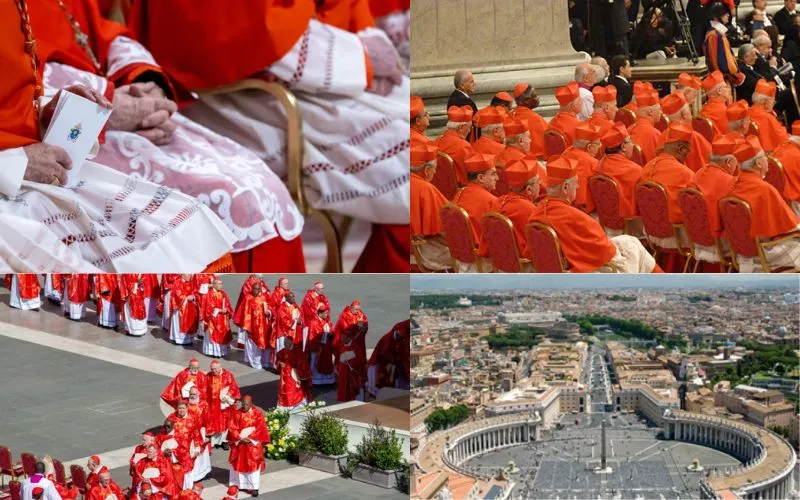Abuja, 25 March, 2023 / 9:20 pm (ACI Africa).
Militia groups are on a killing spree in Nigeria following the country’s just-ended elections that have left a power vacuum in the country, the Catholic foundation, Denis Hurley Peace Institute (DHPI), has said.
In a report shared with ACI Africa, DHPI reports about intensified attacks in various “hotspots” in the West African nation, noting that incidences of kidnappings, killings and destruction of property have especially escalated in the aftermath of the February 25 disputed presidential poll in which Bola Ahmed Tinubu of the All Progressives Congress (APC) was declared the winner.
“It is clear that since Nigeria’s elections held on 25 February, violence has escalated across the country’s various hotspots and pressure points,” DHPI Director, Johan Viljoen, says in the Monday, March 20 report.
Mr. Viljoen adds, “The violence and intimidation that many communities had been subjected to has not only intensified but now, with the gap in leadership until Tinubu is sworn in as president, vigilantes, herdsmen, and hoodlums feel emboldened to attack innocents.”
Six communities in Nigeria’s Benue State have been victims of reported recent attacks by armed herdsmen.








